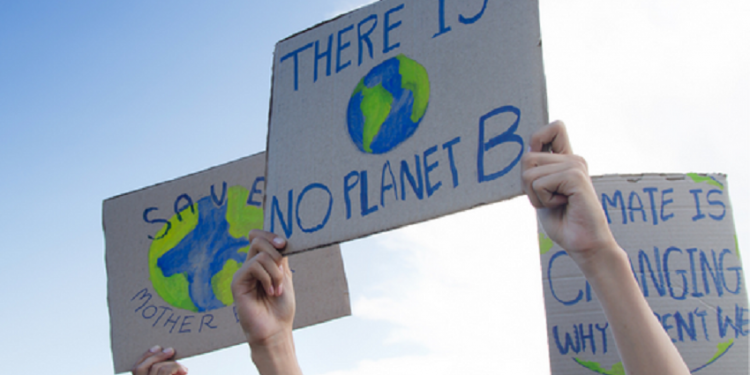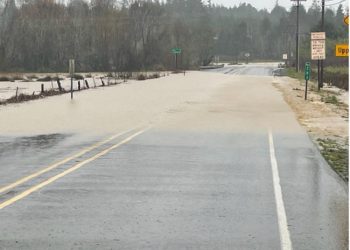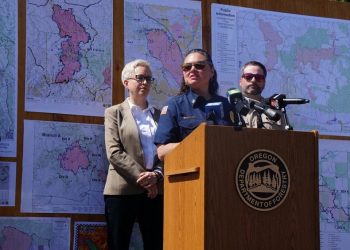Astoria, OR – On November 21, 2024, the Oregon Environmental Quality Commission (EQC), the governing body for the Oregon Department of Environmental Quality (DEQ), unanimously adopted the highly anticipated Climate Protection Program. The program sets enforceable and declining caps on greenhouse gas emissions from fossil fuels used across the state. Under the new program, Oregon aims to reduce emissions by 50% by 2035 and by 90% by 2050.
Governor Tina Kotek expressed strong support for the initiative, emphasizing the state’s commitment to fighting climate change. “Oregon is committed to acting boldly and consistently to do our part to protect our climate,” Kotek said in a statement. “The Climate Protection Program will keep polluters accountable and fund community investments that will reduce greenhouse gas emissions in Oregon.”
The adoption of the program is seen as crucial for Oregon in meeting its greenhouse gas reduction targets. This decision follows the Oregon Court of Appeals’ ruling in December 2023, which invalidated the program’s initial rules due to a procedural error in the rulemaking notice. In response, DEQ launched a comprehensive and inclusive rulemaking process, incorporating feedback from a diverse range of stakeholders to refine the program.
Key features of the updated program include:
- Regulation of Emissions-Intensive Industries: To offer flexibility in compliance, the program specifically addresses emissions from trade-exposed industries, which may face challenges in reducing their emissions.
- Carbon Intensity Targets for Manufacturers: DEQ will set carbon intensity targets for specific manufacturing facilities to ensure that growth in these sectors is aligned with emissions reduction goals.
- Impact on Natural Gas Rates: In partnership with the Oregon Public Utilities Commission, DEQ will regularly review natural gas rates and customer bills to assess the impact of the program on utility costs.
- Community Climate Investment Oversight: The program will include stringent auditing and oversight of Community Climate Investment projects, which aim to reduce emissions while benefiting environmental justice communities in Oregon.
EQC Chair Matt Donegan emphasized the program’s importance for the state’s climate efforts. “This program maintains Oregon’s commitment to addressing climate change, transitioning our economy to remain globally competitive, and investing in our most impacted communities across the entire state,” Donegan said.
How the Program Works
The Climate Protection Program operates through a cap-and-trade system managed by DEQ. Regulated entities, including fossil fuel suppliers and large manufacturers, will receive a limited number of free credits, each representing one ton of emissions. As the cap declines annually, the number of credits available will decrease accordingly. Entities can manage their emissions by banking credits, trading them with other entities, or earning additional credits by investing in DEQ-approved Community Climate Investment projects.
These investments will support projects that reduce greenhouse gas emissions, with a particular focus on initiatives that benefit environmental justice communities in Oregon. The first compliance period for the program begins on January 1, 2025, and will cover emissions through the end of 2027. During this time, DEQ will conduct another round of rulemaking to determine carbon emissions intensity targets for specific manufacturing facilities, which will apply in the second compliance period, from 2028 to 2029.
Leah Feldon, DEQ Director, highlighted a key change to the program: “This new way of separately regulating manufacturers was an early request from the business community and a distinct change to the program. This approach brings these facilities in under the cap and accommodates changes and growth in Oregon’s manufacturers.”
The Climate Protection Program is expected to play a significant role in shaping Oregon’s climate policies in the years ahead, with a focus on reducing emissions while promoting economic growth and social equity.













